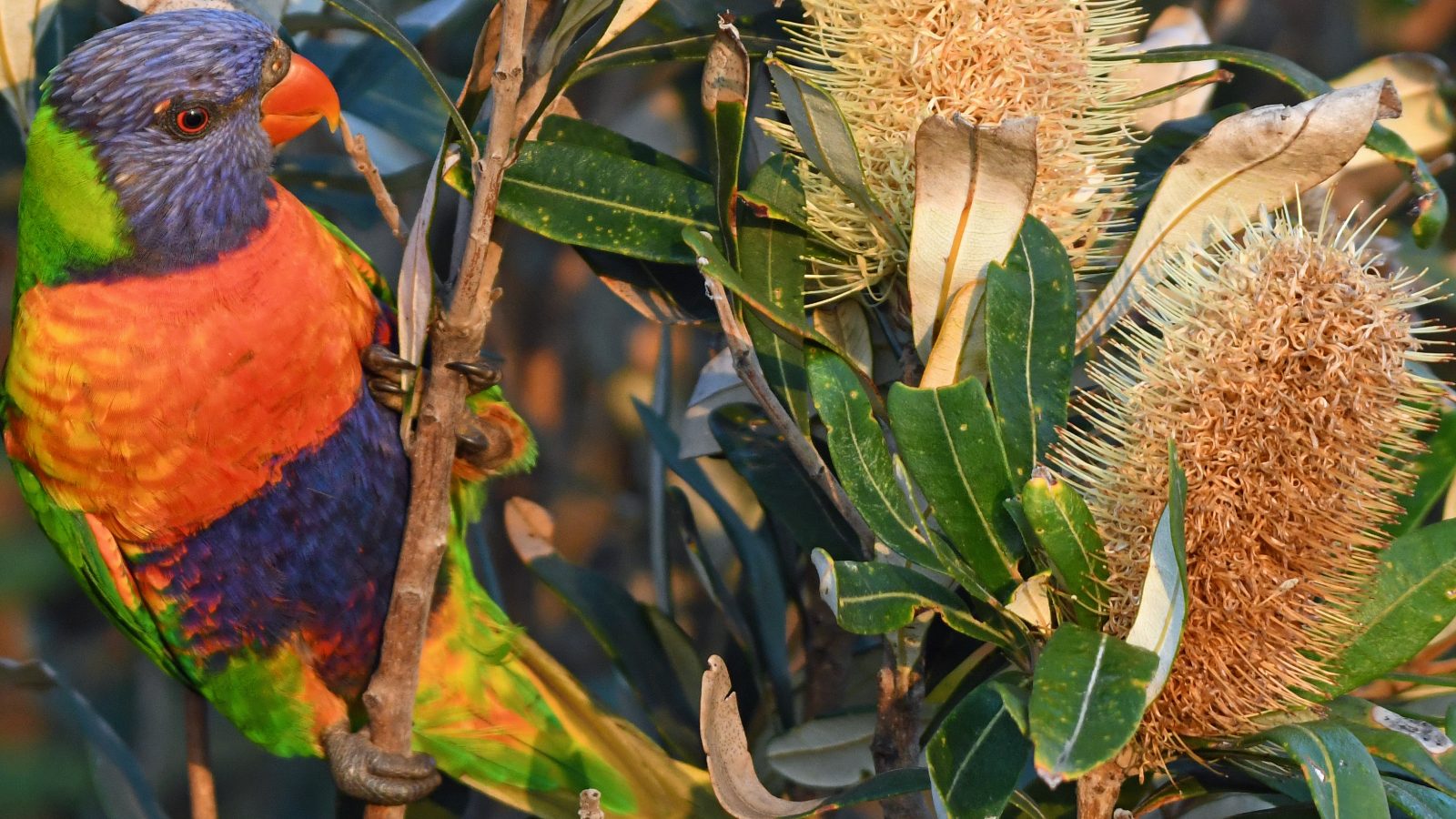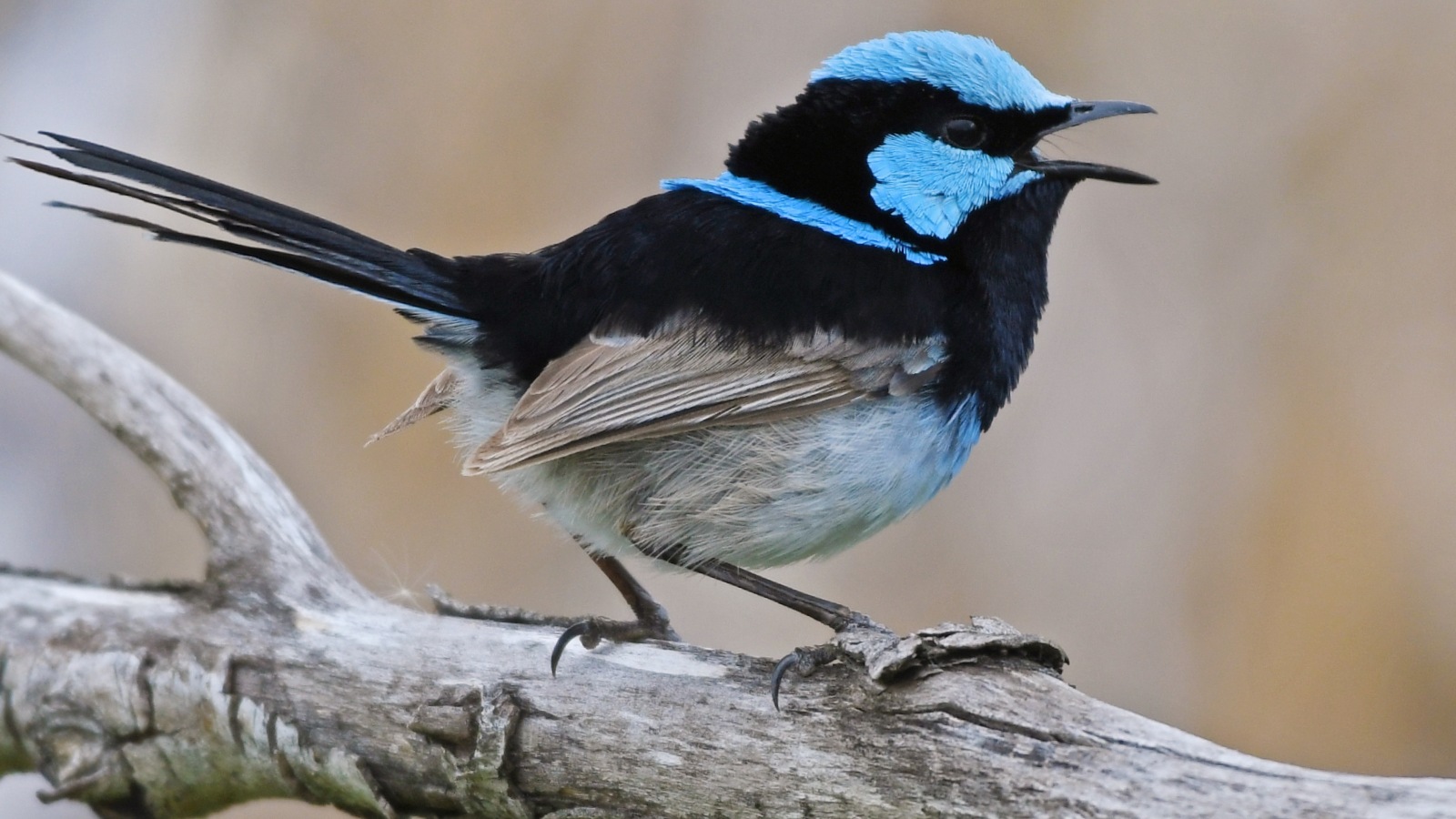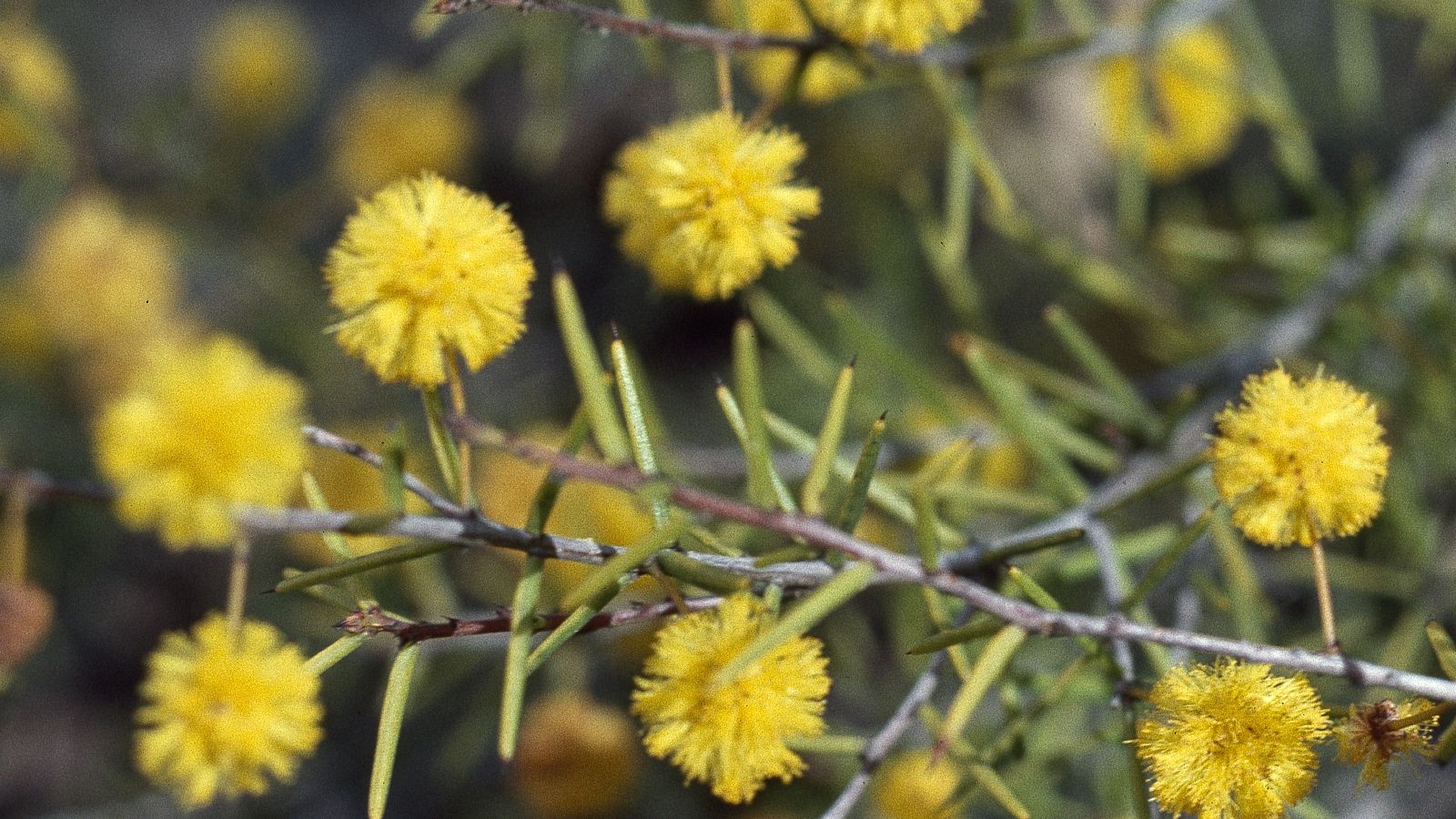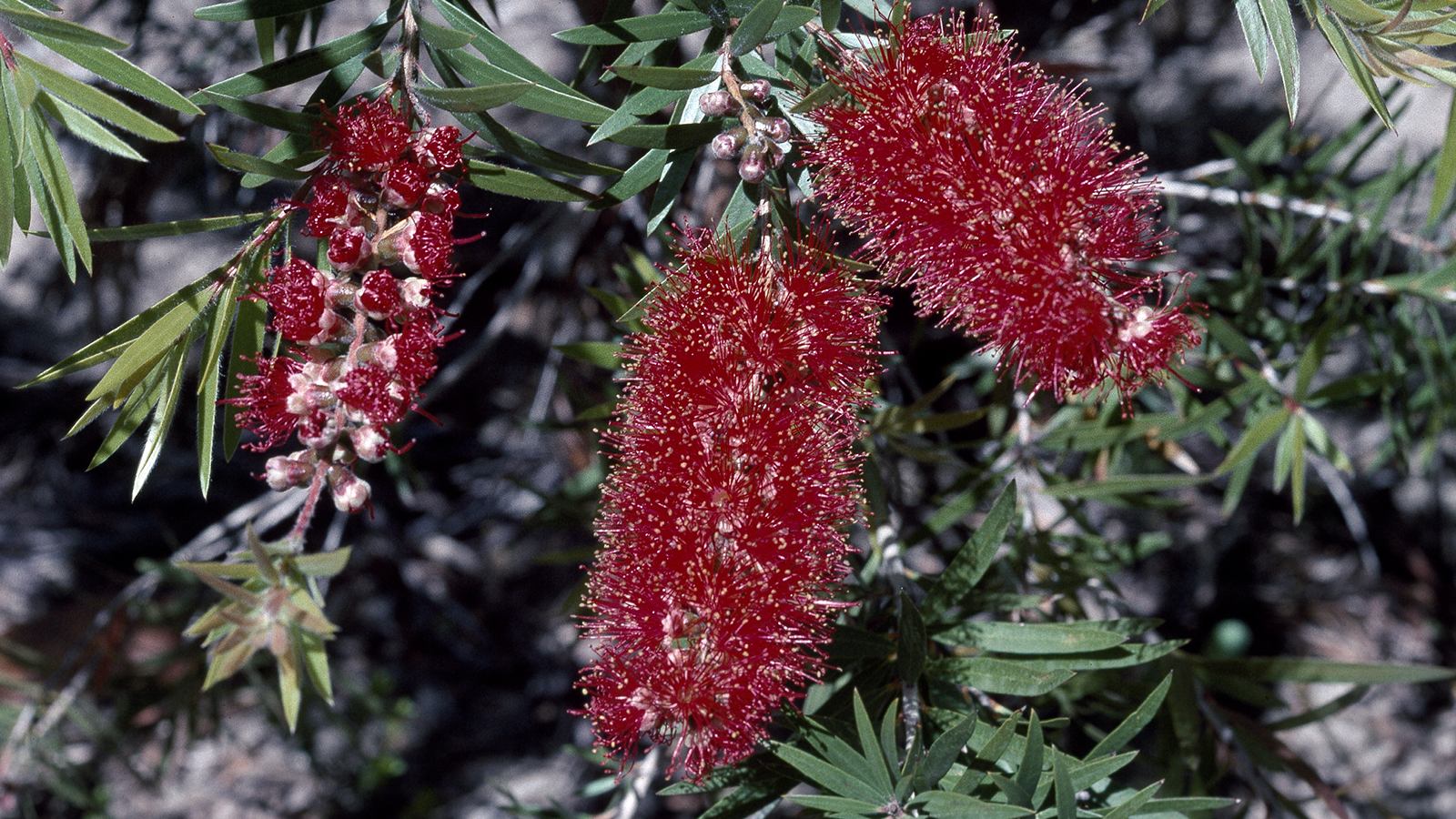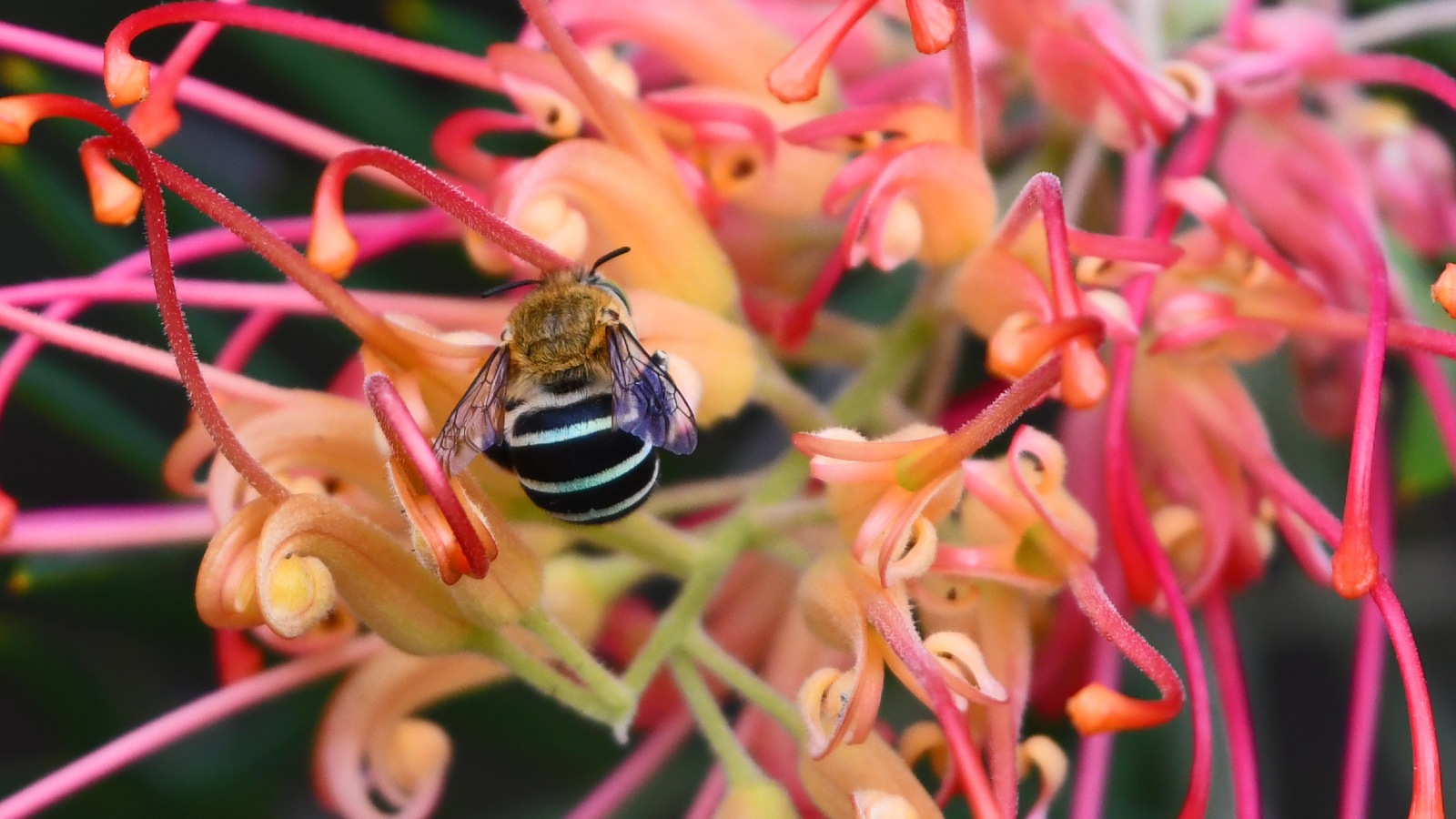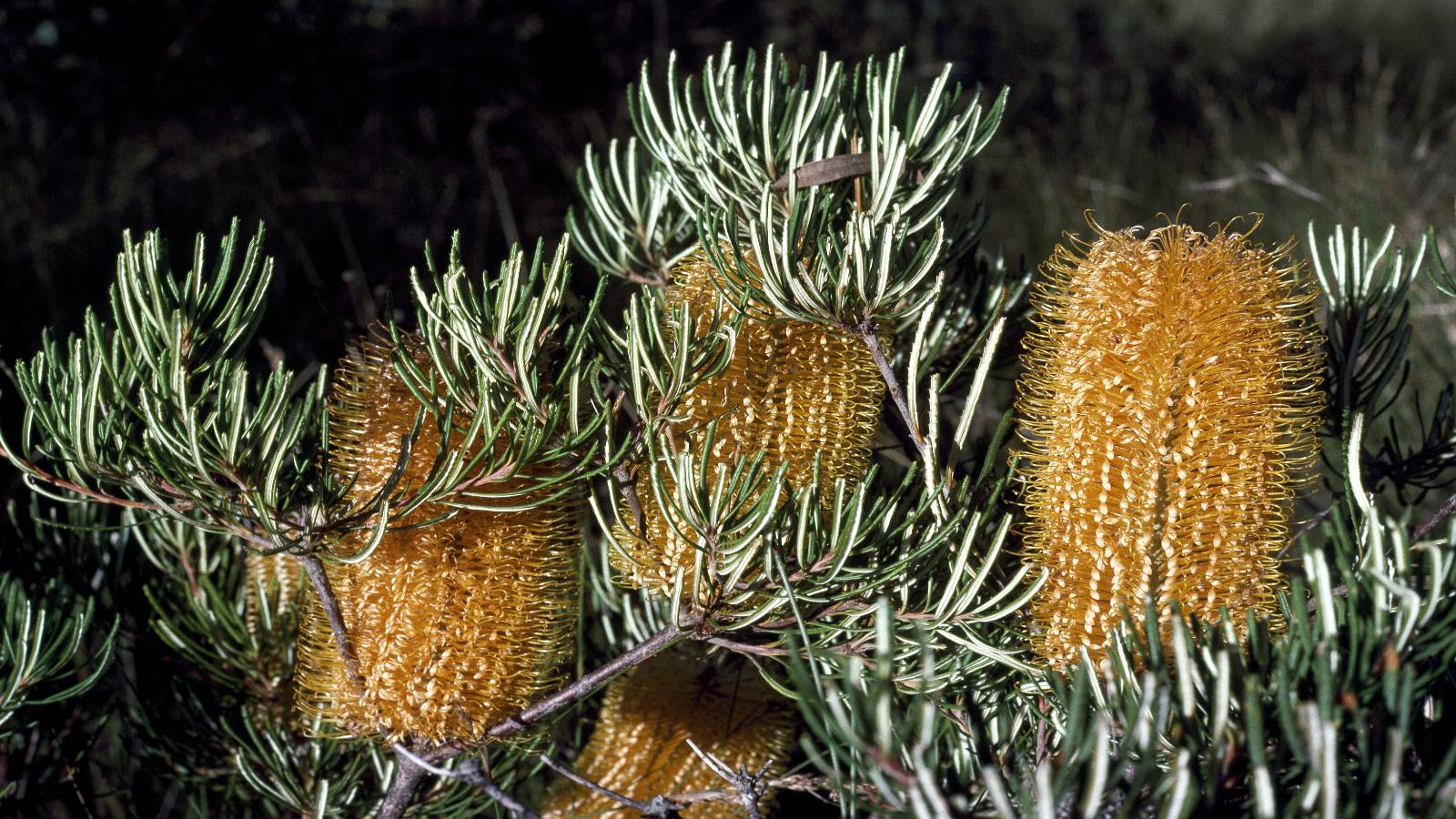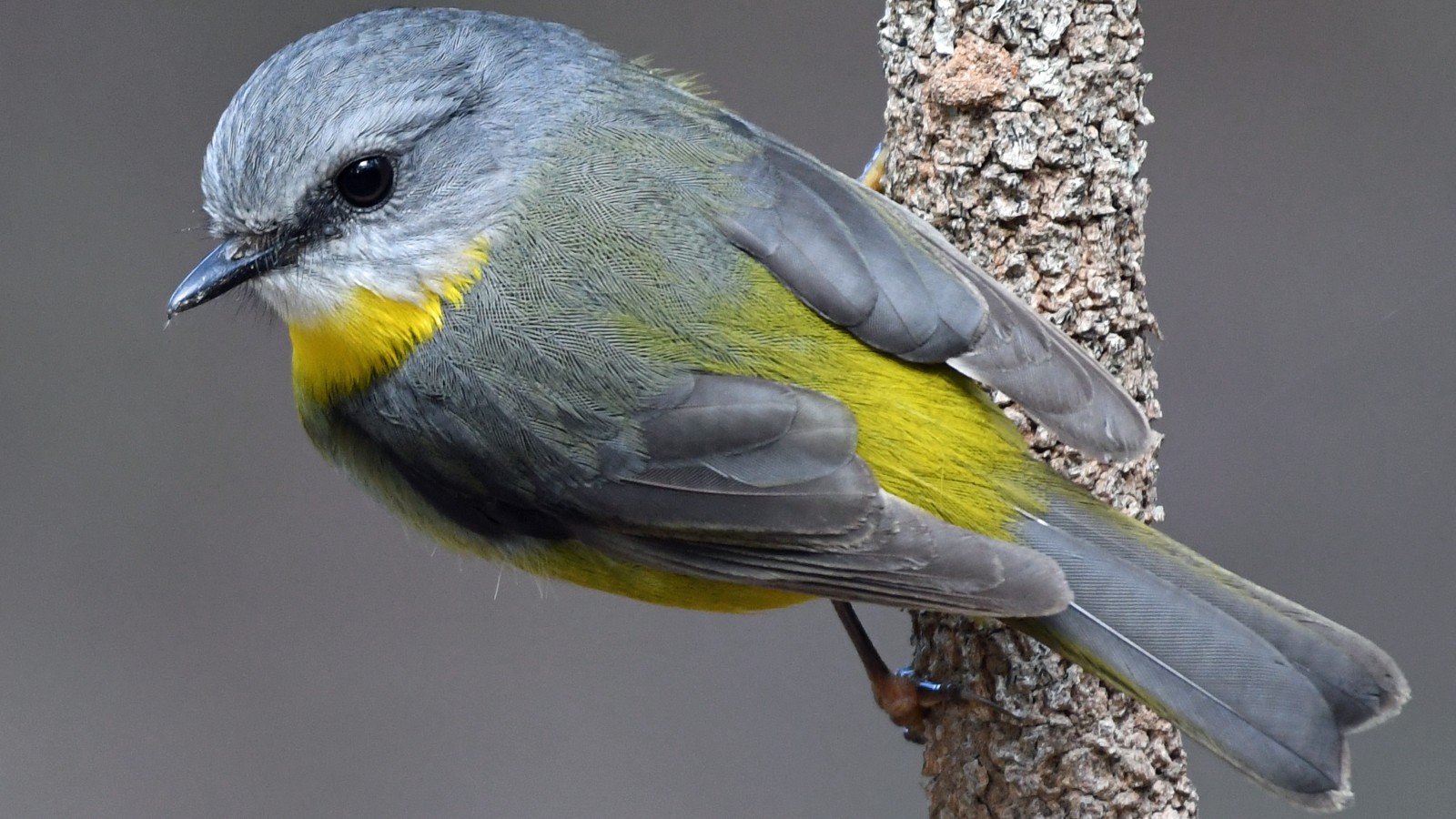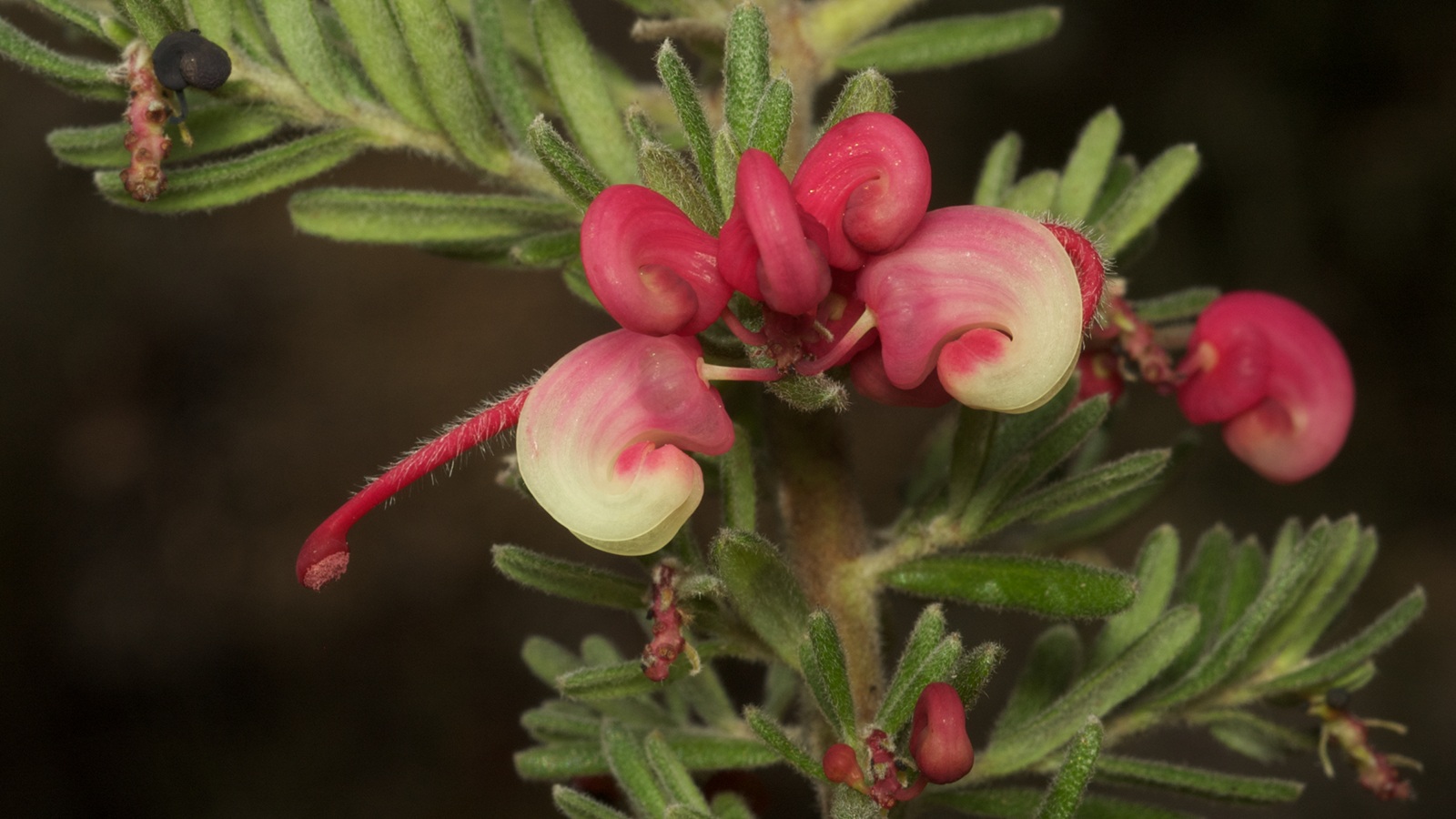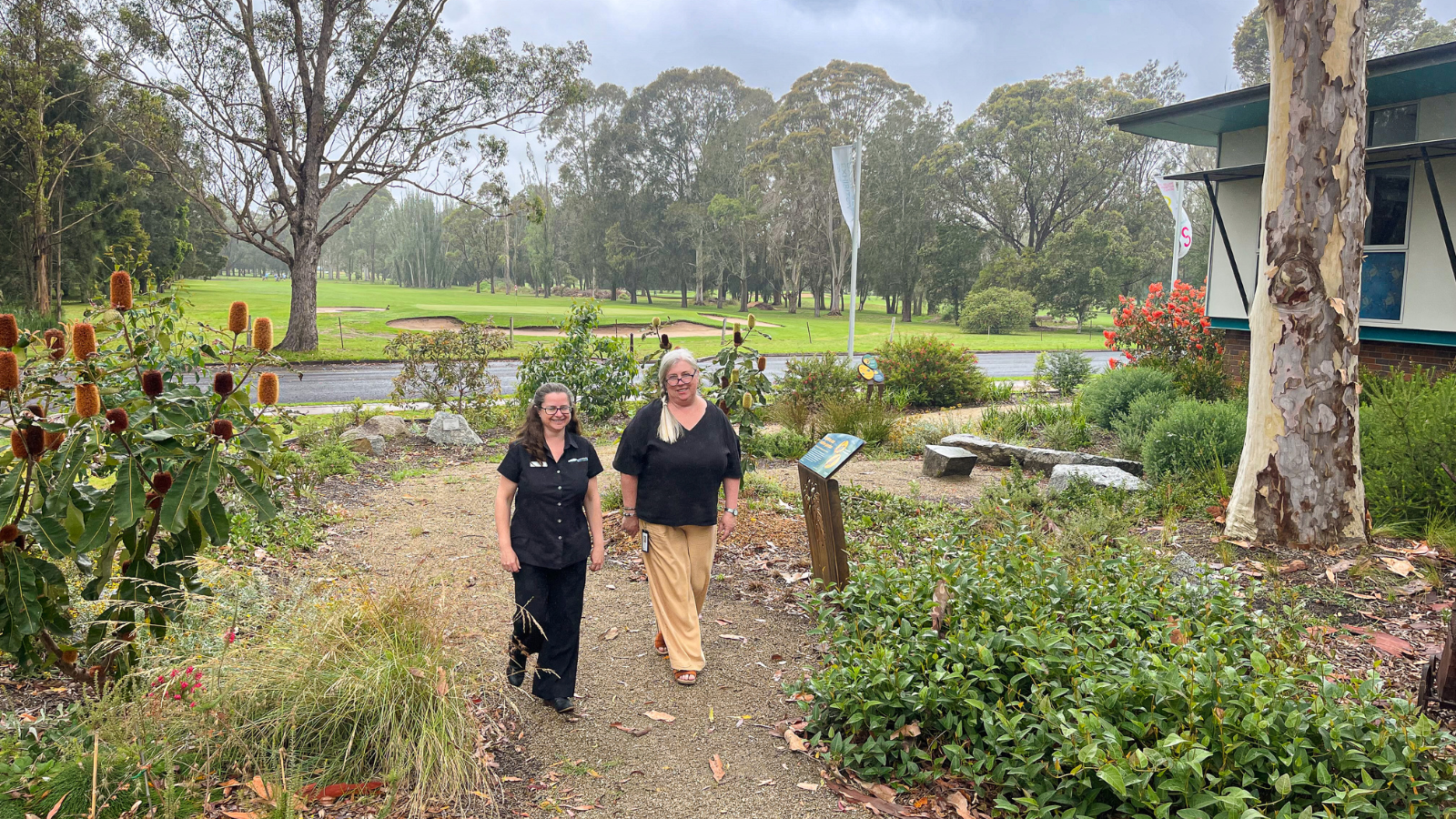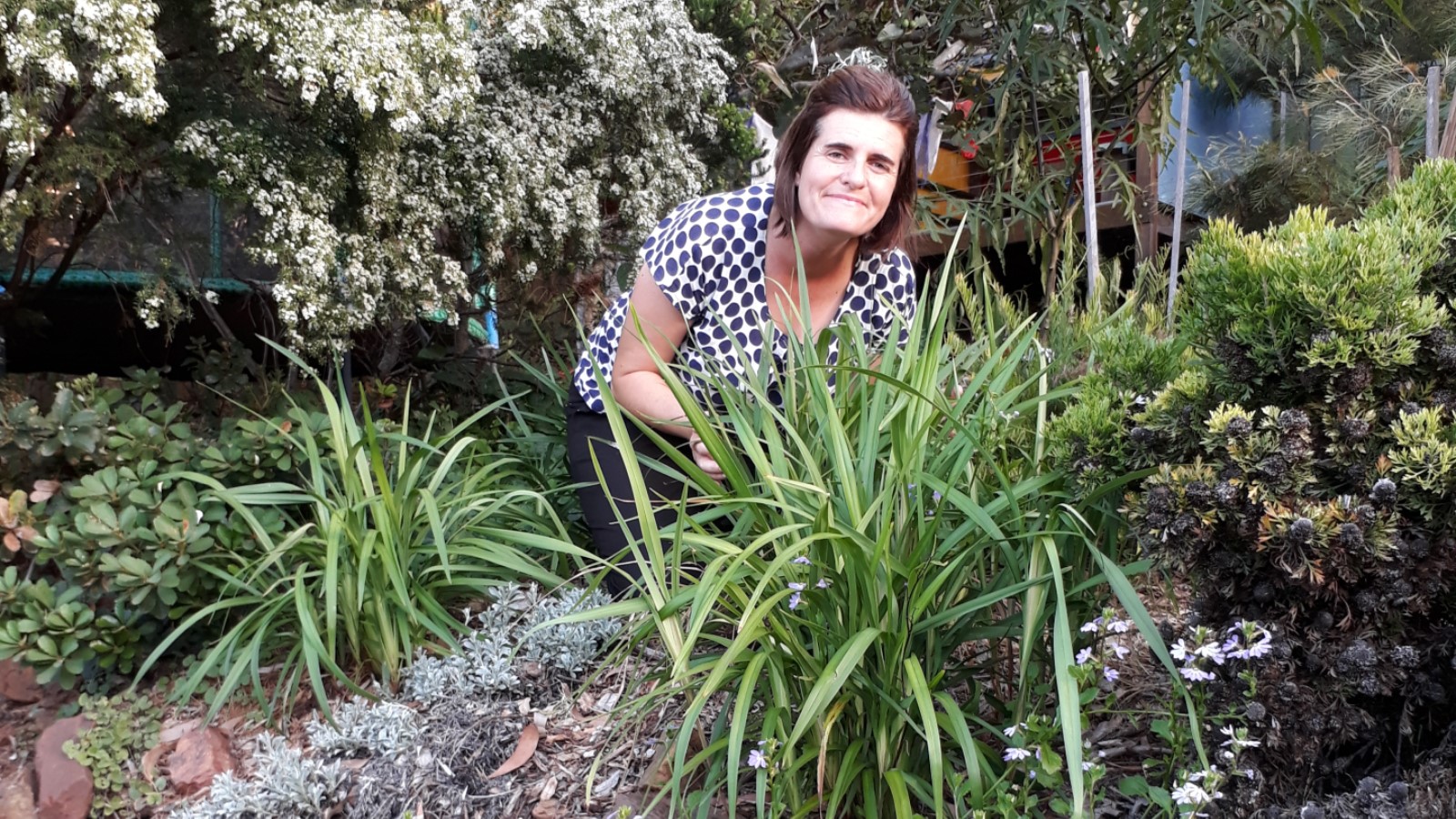Bush-friendly and water-wise gardens
Bush-friendly gardens feature different native plant species, conserve water, and require little maintenance. They support local wildlife like birds, butterflies, lizards, frogs, and insects. These gardens also help to:
- connect nearby bushland
- enhance urban biodiversity
- provide year-round food and shelter for wildlife.
Our guide for residents outlines how to plan your bush-friendly garden, with inspiring examples and native-plant recommendations.
Top tips for a bush-friendly garden
- Control invasive plants: Remove weeds and garden escapees that harm native ecosystems.
- Choose native plants: Use local plants adapted to our soil, climate, and wildlife.
- Create wildlife habitats: Add birdbaths, nesting boxes, or hollow logs to attract wildlife.
- Use mulch and compost: Mulch retains soil moisture and reduces weeds; compost enriches the soil with nutrients.
- Conserve water: Group plants with similar water needs and use efficient irrigation methods, like soaker hoses.
Free services and resources for residents
Tips for a water-efficient garden+
- Mulch your soil: Cover soil with mulch to retain moisture, regulate temperature, provide nutrients, and suppress weeds.
- Use newspaper under mulch: Lay moist newspaper on garden beds to improve water retention and reduce weeds.
- Group plants by water needs: Cluster plants with similar water requirements and water them early morning or evening.
- Choose drought-tolerant grass: Replace lawns with warm-season grasses like Buffalo, Couch, or Kikuyu, which use 30% less water than cool-season varieties.
- Install water-efficient irrigation: Use systems like leaky hoses or drippers to deliver small amounts of water directly to plant bases.
- Use water-storing crystals: Add hydrated crystals to soil to extend watering intervals, enhance survival during dry periods, and improve water absorption for up to five years.
- Water deeply: Opt for longer, infrequent soaks to encourage deep root growth.
- Monitor pests and diseases: Regular checks help adjust your plants' watering needs.
- Mow smarter: Raise mower blades and use a mulching mower, leaving clippings on the lawn to improve drought tolerance and keep grass greener.
Bush-friendly garden package+
To help you get started, Council offers a free bush-friendly garden package for Eurobodalla residents. It includes:
- a plant voucher for the Eurobodalla Regional Botanic Garden nursery
- a home visit from our environment team to identify plants in your garden that could escape into bushland
- advice on:
- what you can do about these plant escapees
- alternatives you can plant
- ways to make your garden more bush-friendly.
Water-wise garden visit+
A typical NSW household uses about 60% of its water in the garden. A few small changes can help your garden thrive, and:
- lower your water bills
- minimise water use
- reduce the time you need to maintain your garden.
Our water-wise garden visits help you get the most out of every drop with expert advice on garden water use.
Book a free water-wise garden check-up to learn how to create and keep a colourful and water-efficient garden that will flourish in local conditions. You'll also receive a:
- voucher for drought-tolerant plants at the Eurobodalla Regional Botanic Garden nursery
- home visit from our environment team for advice on:
- mulching
- plant choice
- water-efficient garden design
- how to make your garden more water-wise.
Book a home visit from our environment team and learn how to create your own water-wise, bush-friendly garden.
Inspiring bush-friendly garden ideas
If you're looking for some inspiration, check out these examples to spark ideas for your garden:
- Moruya Library garden: Features native plants of varied shapes and sizes with habitat elements like shady trees, rocks, and a dry river creek bed.
- Eurobodalla Regional Botanic Garden: Our four naturescape gardens are designed to inspire:
- wildlife garden replicates bushland to attract birds, insects and small mammals, using elements like trees, shrubs, and nesting spots
- coastal garden is reminiscent of dunes and summers by the beach
- cottage garden uses an informal mix of colour and texture
- formal garden creates lines, order, and symmetry.
For more tips, visit the Botanic Garden's website for a simple design guide to create your own wildlife-friendly garden:
Learn more
- Smart Water Advice: Plant finder
- Smart Water Advice: Garden
- Water Corporation: Selecting the right tree
- Water Corporation: How much water does my garden need?
- Sustainable gardening Australia
- Smart Approved WaterMark: Certified water efficient products
- Eurobodalla Regional Botanic Garden: Plants you can buy for your garden
Contact us
To book your free water-wise garden visit or bush-friendly garden package, contact our natural resource team:
- T: 4474 1000
- E: Natural resource team


